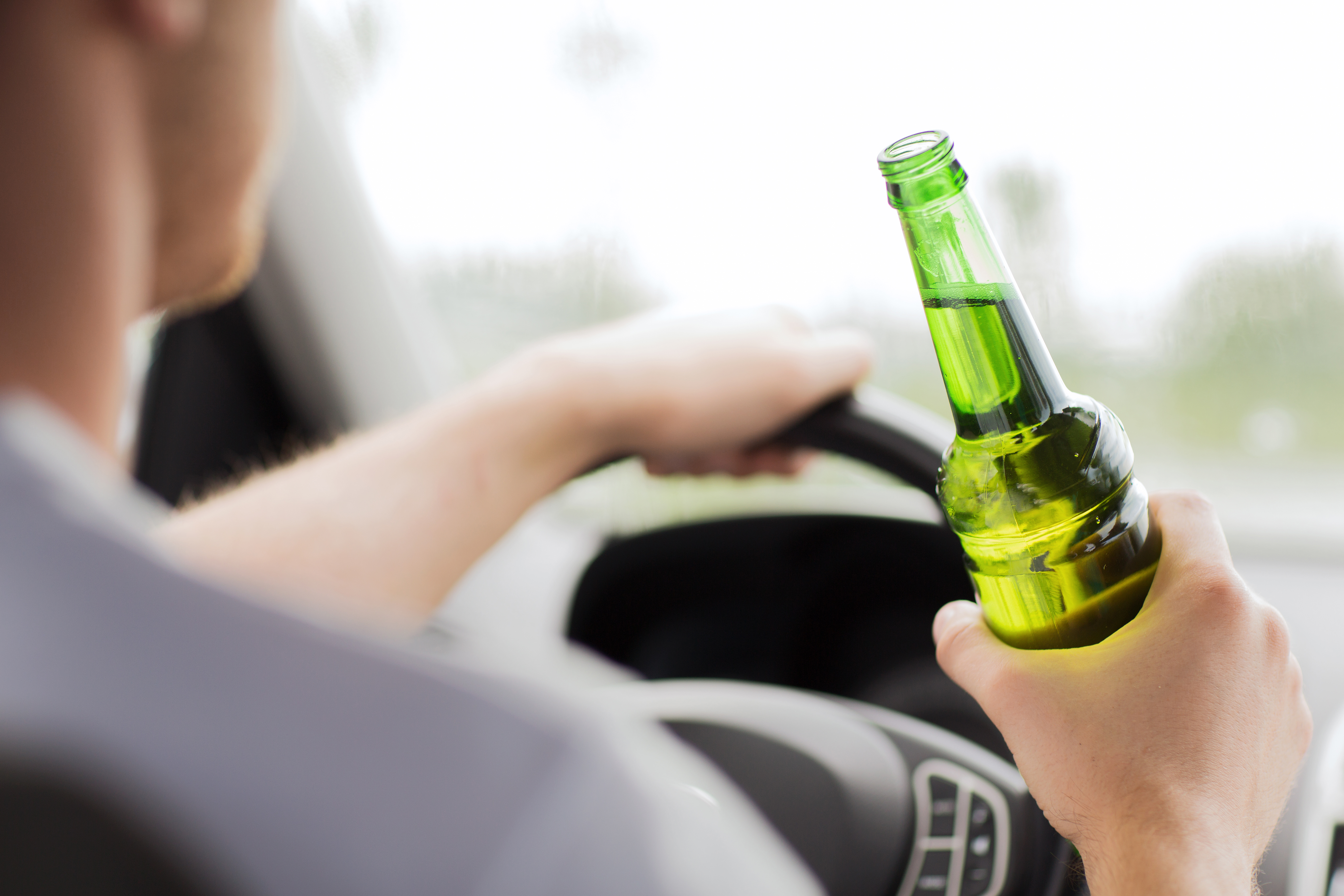Driving Under the Influence in Korea: What You Need to Know
Written by Wilson Melbostad
Driving under the influence (DUI) of alcohol is obviously not something to be taken lightly. This is especially true since the Korean government is now attempting to up the maximum punishments for those who cause accidents while under the influence. In cases of death caused by DUI, offenders will face a minimum of three years in jail and up to life imprisonment. For DUI-related injuries, the prison term for the offender will range from 1 to 15 years.
Driving with a blood alcohol content (BAC) of 0.05% or higher constitutes drunk driving in Korea. It takes around three shots of soju for an adult to attain a BAC of 0.05%. The criminal punishment for drunk driving is imprisonment for not more than three years or a (criminal) fine not exceeding ten million won. At the same time, the offender’s driver’s license will either be revoked or suspended for a period of time.
Article 38 of the Guidelines for Traffic Enforcement Procedures (교통단속처리지침) is noteworthy in that it outlines the procedures police officers are told to follow when administering sobriety tests. Before testing, the officer is to check if the breathalyzer is actually working properly. In principle, the mouthpiece (or straw that one is to blow into) is for one-time use only. The officer is also supposed to ask the driver (a) when exactly he/she finished drinking, as well as (b) whether he/she used any alcohol-based mouthwash, particularly within the past 20 minutes. Sometimes, recent use of alcohol-based mouthwash can affect the results of a breathalyzer test.
If you use mouthwash frequently, you should mention this to the officer first and ask for an opportunity to gargle your mouth with water. If you expressly asked for an opportunity to gargle but were denied, this could be deemed as a violation of your rights. In contrast, failure by an officer to voluntarily offer or inform someone of the opportunity to gargle is unlikely to be illegal. One particular lower court case here in Korea confirmed that the absence of an opportunity to gargle does not, in itself, negate a breathalyzer test result.
When the BAC is 0.05% or higher, the officer is to notify the driver that he/she may ask for a blood test. Korean courts view breathalyzer test results as definitive unless the driver, with justifiable reason, had asked for further tests (i.e., blood tests) within a reasonable period of time. A blood test may be conducted with consent when a driver refuses to accept the results of the breathalyzer test. As one can imagine, blood test results normally prevail over breathalyzer test results.
When making an arrest, the officer is to clearly give the offender his/her Miranda rights (미란다 고지). For those who haven’t watched a police flick recently, the full Miranda rights (which are the rights established in the 1966 landmark United States Supreme Court case Miranda vs. Arizona) are as follows:
You have the right to remain silent. Anything you say can and will be used against you in a court of law. You have the right to speak to an attorney, and to have an attorney present during any questioning.
In Korea, there are also “replacement driver services”
(대리운전) available. You can call and have someone drive you and your car home (for around 10,000–30,000 won). These are the dudes you see riding around on the electric stand-up scooters at night. But make sure the company has insurance. It’s a good idea to use one reliable company repeatedly and to avoid drivers who solicit you on the spot.
One should also make sure to never get into a vehicle being driven by a drunk driver. In a worst-case scenario, the passenger can face criminal punishment (for “aiding and abetting”) if the drunk driver ends up killing someone. Also, if it can be proven that the passenger was aware that the driver was drunk, he/she can be held 40 percent responsible for his/her own injuries in the case of an accident. Even when the passenger was too drunk to have any recollection of boarding the vehicle, he/she can be held 30–35 percent responsible. So, the idea is you should always make plans (beforehand) on how to get home safely.
The bottom line? Don’t mess around with driving under the influence. You booze, you cruise, you lose.
The Author
Wilson Melbostad is an international human rights attorney hailing from San Francisco, California. Wilson has returned to Gwangju to undertake his newest project: the Organization for Migrant Legal Aid (OMLA), which operates out of the Gwangju International Center. He has also taken on the position of managing editor of the Gwangju News.







